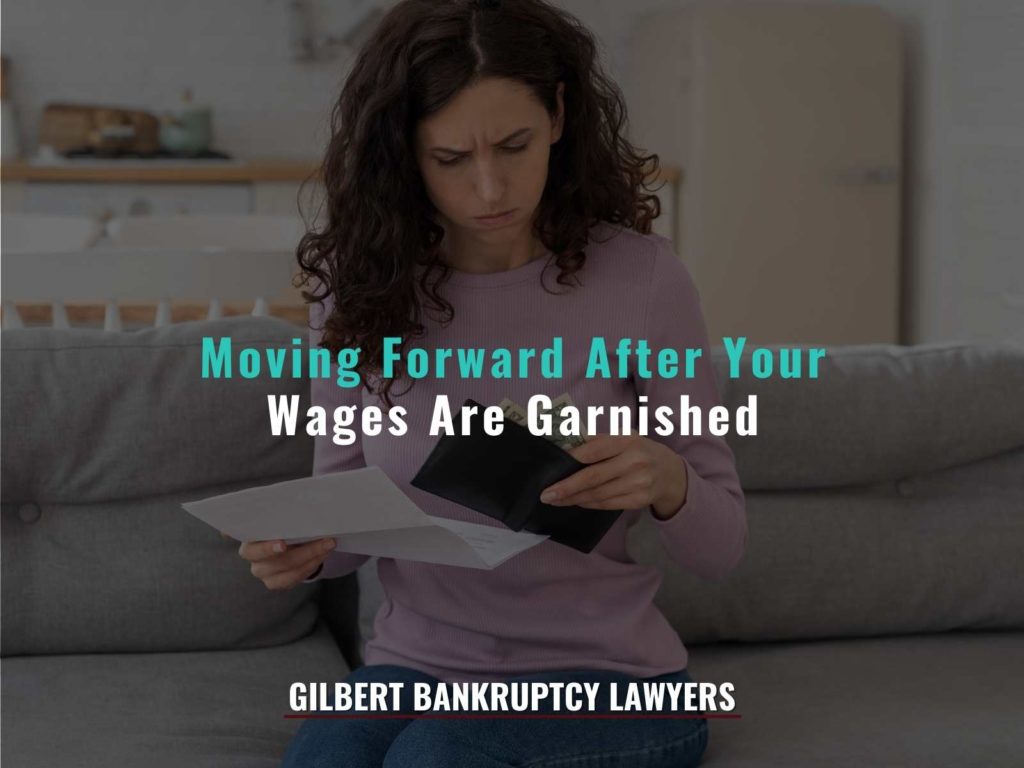EXPERT BANKRUPTCY ATTORNEY’S STEP-BY-STEP GUIDE TO DEAL WITH A CREDITOR LAWSUIT
The phone calls and letters may seem to be never-ending when you get in over your head in debt, but eventually, they do. When they end, it’s usually because your creditors have moved on to the next stage: Legal action. Creditors can seize your assets, take the money in your bank account, or garnish your wages in order to satisfy the debt you owe.
Filing for bankruptcy can put an immediate end to that legal action by triggering an automatic stay. The earlier you can take action, the easier it will be to prevent or put a stop to such legal action. However, here are some other steps you may be able to take, depending on what stage the legal action is in:
The Lawsuit & Judgement: getting sued by a creditor
Before your creditor can do anything, they have to file a lawsuit and get a judgement in their favor. Typically, this isn’t going to come as a surprise. You would know that the account is long past due because you haven’t paid it, and you would have received multiple letters or calls from your creditor. You will likely also get notice that your creditor is going to take things to the next level and take legal action.
Don’t ignore these warnings. You may not be able to pay, but you can take other steps. You can try to negotiate directly with your creditor, or you can visit a Gilbert bankruptcy attorney and get the debt discharged or restructured under an affordable payment plan. Filing for bankruptcy would not only help you avoid legal action, but it will help you deal with the debt that is threatening the problem in the first place.
The Writ of Garnishment: filing for bankruptcy
If the court rules in the creditor’s favor, a writ of garnishment will be issued that the creditor must present to your bank or your employer. The bank will then freeze your account, as well as any accounts that have your name associated with them, such as a joint account you share with your spouse or an account you oversee for your children.
You can put a stop to a writ of garnishment by filing for bankruptcy. The automatic stay can also stop wages from being taken, even if the action is already underway. The stay may last only as long as the case can be resolved, but in most scenarios, your bankruptcy filing is going to end with a discharge.
Filing a Claim of Exemption to protect the funds in your account
You can file a claim of exemption to protect the funds in your account. You will have 10 days from being served the Writ of Garnishment to file this claim. You will have to show that money in the account is exempt from levy. Exempt funds can include disability payments, unemployment, Social Security, and more. You’ll need to talk to an attorney to learn more about what funds are exempt and how to properly file the paperwork to protect them.
Filing for bankruptcy can quickly protect all the funds in the account, whether they are legally considered exempt or not. Bankruptcy can discharge your debt or restructure it under a payment plan that you can afford. When the bankruptcy is discharged, you no longer are legally responsible for the debt, which means that your creditors have no recourse available. You can avoid any kind of garnishment or asset seizure.
Exceptions exist for foreclosure since a home loan is backed by the house itself. Chapter 13 bankruptcy may be able to help you get your house out of foreclosure by restructuring the amount you owe into your repayment plan. But the options depend upon where the process stands when you file for bankruptcy.
Seeking debt relief? Contact the best bankruptcy lawyers in gilbert
Call Gilbert Bankruptcy Lawyers today to learn more about how bankruptcy may be able to help you get debt relief while also putting an end to garnishment or other legal action. An experienced bankruptcy attorney from our team will review your finances and any pending legal action and help you understand your best options for getting the maximum debt relief. We’ll move quickly to file the appropriate chapter of bankruptcy to get you the most benefits. We represent clients in both Chapter 7 bankruptcy and Chapter 13 bankruptcy. Contact us in Gilbert today to schedule a consultation.
Gilbert Bankruptcy Lawyers
Office: 480-448-9800
Email: info@myazlawyers.com
Website: https://gilbertbankruptcylawyers.com

